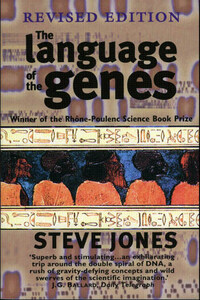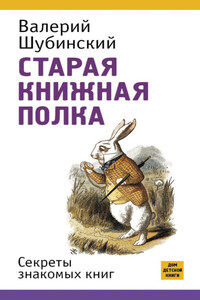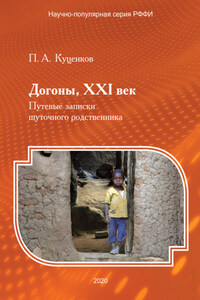I have spent – some might say wasted – most of my scientific career working on snails. A malacologist may seem an unlikely author for a book about human genetics. However, my research, when I was still able to do it, was not driven by a deep interest in molluscs. Indeed, one of the few occasions when I thought of giving up biology as a career was when I first had to dissect one. Thirty years ago snails were among the few creatures whose genes could be used to study evolution. They carry a statement of ancestry on their shells in the form of inherited patterns of colour and banding. By counting genes in different places and trying to relate them to the environment one could get an idea of how and why snail populations diverged from each other: of why and how they evolved.
At the time, the idea that it might ever be possible to do the same with humans seemed absurd. Genetics textbooks of the 1960s were routine things. They dealt with the inheritance of pea shape, the sex lives of fungi and the new discoveries about the molecular biology of viruses and their bacterial hosts. Of ourselves, there was scarcely a mention – usually just a short chapter tagged on at the end which described pedigrees of abnormalities such as haemophilia or colour blindness.
Part of this reticence was due to ignorance but part came from the dismal history of the subject. In its early days, the study of human inheritance was the haunt of charlatans, most of whom had a political axe to grind. Absurd pedigrees purporting to show family lines of criminality or genius were the norm. Ignorance and confidence went together. Many biologists argued that it was possible to improve humankind by selective breeding or by the elimination of the unfit. The adulteration of the science reached its disastrous end in the Nazi experiment, and for many years it was seen as at best unfashionable to discuss the nature of inborn differences among people.
After the Second World War, the United Nations published a book – Statement on Race, by the American anthropologist Ashley Montagu – which tried to kill some of the genetical myths. I read this as a schoolboy and found it unpersuasive and hard to follow, although its liberal message was clear enough. Re-reading it a few years ago showed why: Ashley Montagu had tried, nobly, to make bricks without straw. The information needed to understand ourselves was simply not available and there seemed little prospect that it ever would be. Human genetics had moved from a series of malign to an equivalent set of pious opinions.
Now everything has been transformed. Homo sapiens is no longer the great unknown of the genetical world but has become its workhorse. More is known about the geographical patterns of genes in people than about those of any other animal (snails, incidentally, still come second). The three thousand million letters in the DNA alphabet have, at last, been read from end to end and, so it seems, the century of genetics that began with the rediscovery of Mendel’s laws has ended with a new and revolutionary insight into ourselves.
The completion of the DNA map marks the triumph of genetics as a science. Its success as a technology – or, at least, as a medical technology – has yet to be established. Everyone, in the end, dies; and genes are nearly always involved in that unpleasant process. Nobody escapes the fate coded into the double helix. Much of the damage arises anew, either in body cells or as a result of errors in parental sperm and egg. Indeed, most pregnancies end because of such errors. Science has given the hope of finding those at risk of inherited disease and, perhaps, of treating it. At last we understand what sex really means, why we age and die, and how nature and nurture combine to make us what we are.
Most of all, biology has altered our view of our place in the universe of life. For the first time, it is clear how humans are related to other animals and when they first appeared. The idea that Man did not evolve is open to scientific examination: and although creationism is supported by millions the test proves it wrong. Most people believe that they descend from simpler predecessors but would be hard put to say why. As Thomas Henry Huxley, Darwin’s great protagonist, said of the idea of evolution: ‘It is the customary fate of new truths to begin as heresies and to end as superstitions.’ Genetics has saved Darwinism from that fate. It has killed many old and disreputable superstitions. At last there is a real insight into race, and the ancient idea that the peoples of the world are divided into distinct units has gone for ever. Separatism has gained a new popularity among groups anxious to assert an identity of their own, but they cannot call on genes to support their views.









